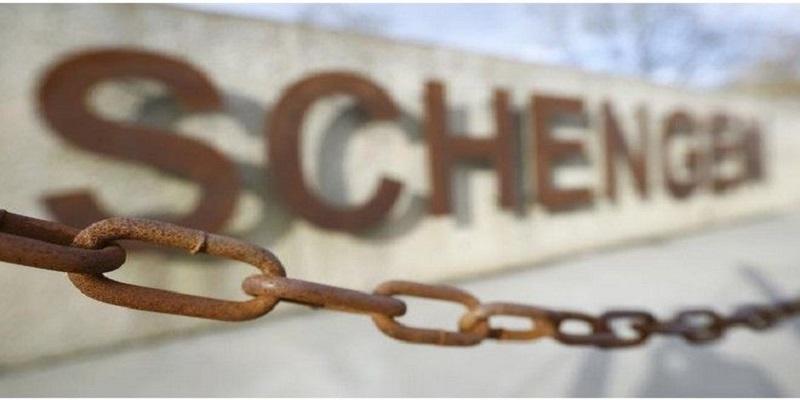The European Commission accepted a draft report finding “serious deficiencies” in Greece’s management of the external EU borders regarding the migrant inflows, European Commission Vice President Valdis Dombrovskis announced this Wednesday (27.01), warning that if Greece fails to comply with its obligations to fellow Schengen states within three months, said states could reinstall controls of their national borders with Greece for a period of up to two years.
Greek government spokeswoman Olga Gerovasili responded, saying that Greece should not be criticized with an evaluation that took place two and a half months ago, when the situation on the ground was very different.
“We will be absolutely ready next month,” said Prime Minister Alexis Tsipras regarding Athens’s pledge to have at least another three “hot spots” – on Samos, Leros and Chios – up and running before the end of February. Tsipras added that Greece has been facing huge pressure on its smaller islands in the northeast Aegean in recent months, which he described as the largest population movement since World War II, stressing that the solution to the problem depends on cooperation with Turkey and a fair distribution of refugees among European countries. The “blame game” has never been effective, he noted.
Alternate Migration Policy Minister Yiannis Mouzalas also promised that the “hot spots” would be “ready in February and operational in March”. Regarding Ankara’s stance, Mouzalas said that “in the last period Turkey accepted back 123 migrants and sent 60,000”, underlining that the outcome of Monday’s meeting (of EU Interior ministers) was that Turkey holds the key of the refugee inflow and has not met its responsibilities. Migration and Home Affairs Commissioner Dimitris Avramopoulos said the draft Schengen evaluation report on Greece “showed serious deficiencies” but also noted that the in the meantime (since November) Greece has started undertaking efforts towards rectifying and complying with the Schengen rules.
German government spokesman Steffen Seibert urged Turkey to act against migrant traffickers and pledged support for Athens: “Turkey must move against migrant traffickers operating in the Aegean, part of the European Union’s external borders, with “greater intensity and consistency.” The current situation, where traffickers were allowed to operate unchecked between two member-states of NATO was “unacceptable,” he noted, adding that Germany was willing to support Greece on this issue.
- Fact sheet: Greece Dealing with the Refugee Crisis
- See also: Putting Greece in quarantine is no solution to the EU crisis (The Independent); EU levels empty Schengen threat at Greece (DW); Greece hits back after EU’s Schengen threat (Τhe Guardian)
TAGS: GOVERNMENT & POLITICS | MIGRATION | REFUGEE CRISIS














